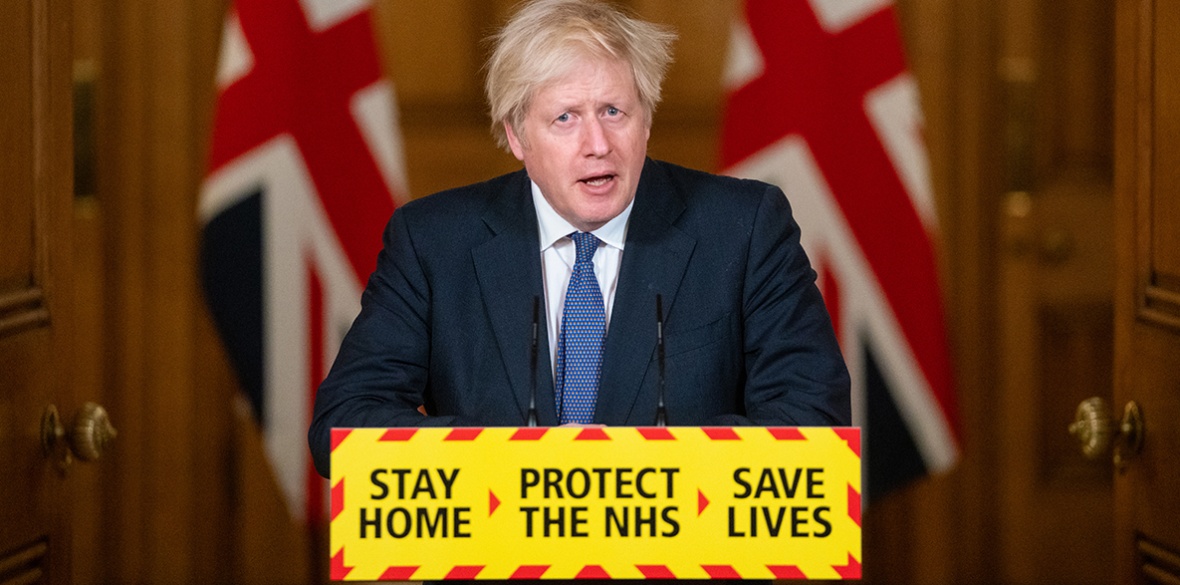This is the last article you can read this month
You can read more article this month
You can read more articles this month
Sorry your limit is up for this month
Reset on:
Please help support the Morning Star by subscribing here
THE panel of experts set up by the World Health Organisation has pointed the finger at China and a range of other countries for an initial slowness to react to the outbreak of the coronavirus.
This panel was commissioned at the express wish of the United States and its Western allies, and the framing of this whole discussion in the dominant capitalist media has tried to maintain a focus on these early stages.
Although these naturally entailed all manner of errors — in diagnosis, analysis, epidemiological methodology and bureaucratic delay — the most significant feature of the whole global Covid-19 pandemic has been the widely varying response of different countries and the dramatically divergent health outcomes.
In the final analysis — a stage the generations who lived through this pandemic may not see — the main questions raised by the tragic course the many variants of the Covid-19 virus has taken will be answered by science.
In the meantime, politics is the battleground where those who have failed to contain the virus hope to obscure their culpability.
It is not simply that states with collectivist social systems and socialist economies did better, although this is undoubtedly true.
Nor is it simply that Asian states like South Korea with well-tried public-health regimes mobilised faster and more efficiently to control the virus, although this is also true.
These countries absorbed the lessons learnt from previous viral epidemics such as Sars and adopted best-practice test & trace systems and implemented isolation procedures.
Everyone knew the value of social distancing and mask-wearing at a point when these factors were barely considered here and in the US and in most other developed capitalist states.
Neither is it true that only smaller states with strong border controls such as New Zealand or Cuba were able to suppress the viral flow and achieve a virtual zero-Covid status.
China itself emerged as a country that could and did mobilise enormous public resources to bring the infection rate down and close down whole cities until the reproduction rate was dramatically reduced.
It is revealing that while we are still in a dispiriting lockdown with a rising number of deaths, in Wuhan the cafes are full and nightclubs jumping.
The valuable lessons that can be learned from the systematic study of this global crisis of public health are already at the centre of a gladiatorial contest between competing world views.
When the soon-to-be departed president of the US tried to deflect attention from the manifest failures of his administration’s handling of the catastrophic number of infections and deaths in his country, he tried to present the virus as the “China” virus.
In doing so he was as much interested in weaponising the issue for US capitalism’s cold-war campaign to counter China’s growing influence in the world as he was in covering his own political posterior.
The latter is a lost cause but, US capital — and its camp followers in our ruling class — is still heavily invested in escalating a dangerous confrontation with China.
While the WHO is both a key resource in promoting public-health programmes and a political battleground, language is as important in science and medicine as it is in politics.
Tendentiously assigning nationality to a virus that itself has no consciousness, no ideology, respects no national borders and mutates faster than Boris Johnson changes his script is as political an act as is the circulation of this WHO report.
If the virus can be assigned “Chinese” identity, then we can also conclude that the Chinese response to the pandemic is one that deserves praise, study and emulation in equal measure.












